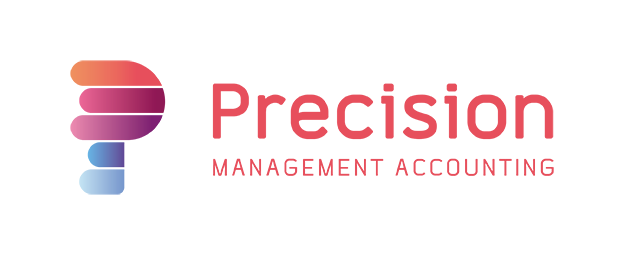Implementing real-time reporting solutions in Schools to re-focus on the core business of education.
A question we are often asked by Schools is how can we produce meaningful and relevant reports for all levels of our School community, within the constraints of existing resources, and without taking away from other areas of the Schools operations? Dashboards may be the answer.
Information dashboards are useful tools to instantly relay key information in a simple graphic. However, for dashboards to work, there must be adequate systems and processes in place that produce accurate and timely data.
Dashboards are the ultimate end goal for School Management and Board reporting. They give Schools instant access to key information, as well as assists to present operational and financial performance data in a visual format that is easier to understand by a variety of audiences. Once established, dashboard reporting can significantly reduce manual report preparation time.
How to make dashboards meaningful
To make a dashboard meaningful, the information displayed should answer specific questions that have relevance to the School’s operations. Examples of broad questions are “How much of the annual capital budget has been spent?”, “What is the status of overdue debtors?” or “What are the future enrolment forecasts?”.
As Schools are facing increasing reporting and governance requirements, setting up and extracting data from existing systems to produce real time reporting provides staff with access to key information without significant time input. This automation of reporting allows for administration resources to be redirected into forecasting and planning activities to ensure the longevity of the School, and allows the focus to be on the core business of education rather than spending considerable time preparing historical reporting.
System requirements for dashboards
1. A dashboard collates information from electronic databases
Most Schools have a variety of systems in use that capture both student and administration data, so dashboards are a great solution for reporting across all the different applications. They can be developed to read data from multiple sources, extract key information from each system, and connect it all together in a meaningful way.
Manual systems and data records cannot be easily collated and used in a dashboard. To put it simply, you cannot have an electronic dashboard that reads information from piles of paper.
2. Adequate system set up
The level of detail in your dashboard report is dependent on the setup of your School Management System. If there is a key issue or piece of information that you would like to monitor through a dashboard, then there must be an appropriate field to record that information in your chosen system. For instance, if you would like to identify how future students heard about your School, then this data must be recorded in your future student database, not just on the manual forms that are submitted with an enrolment application or enquiry.
3. No delays in data processing
There is no point in developing a pretty graphic if it is reporting inaccurate and out-of-date information. Ideally, you want the ability to run a dashboard daily and not at specific scheduled times after other tasks/journals/adjustments have been made.
For financial information, this might mean having to reconcile your bank account daily instead on a weekly or monthly basis, and entering ALL receipts at the time the transaction occurs. It is also important that there is consistent data entry with little or no mistakes and no incomplete data fields. Processes may need to be documented, and users should have adequate training to reduce the likelihood of processing delays and mistakes.
Cost Benefit of Dashboards
For some Schools, there might be a cost involved with setting up your internal systems and processes to enable dashboard reporting. However, consider the hidden costs of having access to only historical and potentially inaccurate data and the impact this has on School governance decisions- not to mention the cost of resources utilized to produce this out of date information. These hidden costs can be reduced substantially by enhancing your existing systems and processes.
Consider the following:
- How much labour time is spent by administrative staff collecting, sorting and reporting on key financial and operational information?
- Would you like the ability to review information when you want it, and not just at the formal set reporting times throughout the year?
- Does formal reporting on key operational issues have to be manually collated?
- Do you have the ability to identify and eliminate business risks before they become problematic?
Dashboards are the end goal for reporting in Schools. Those Schools who utilize dashboards will benefit from having instant access to critical information that assists with decision making. Improving transparency and accountability at all levels of management, will ensure the School can continue to achieve its goals now and in the future.
Precision Management Accounting are passionate about improving the efficiency and quality of financial reporting. Contact Precision for more information on how your School can implement management dashboards.


